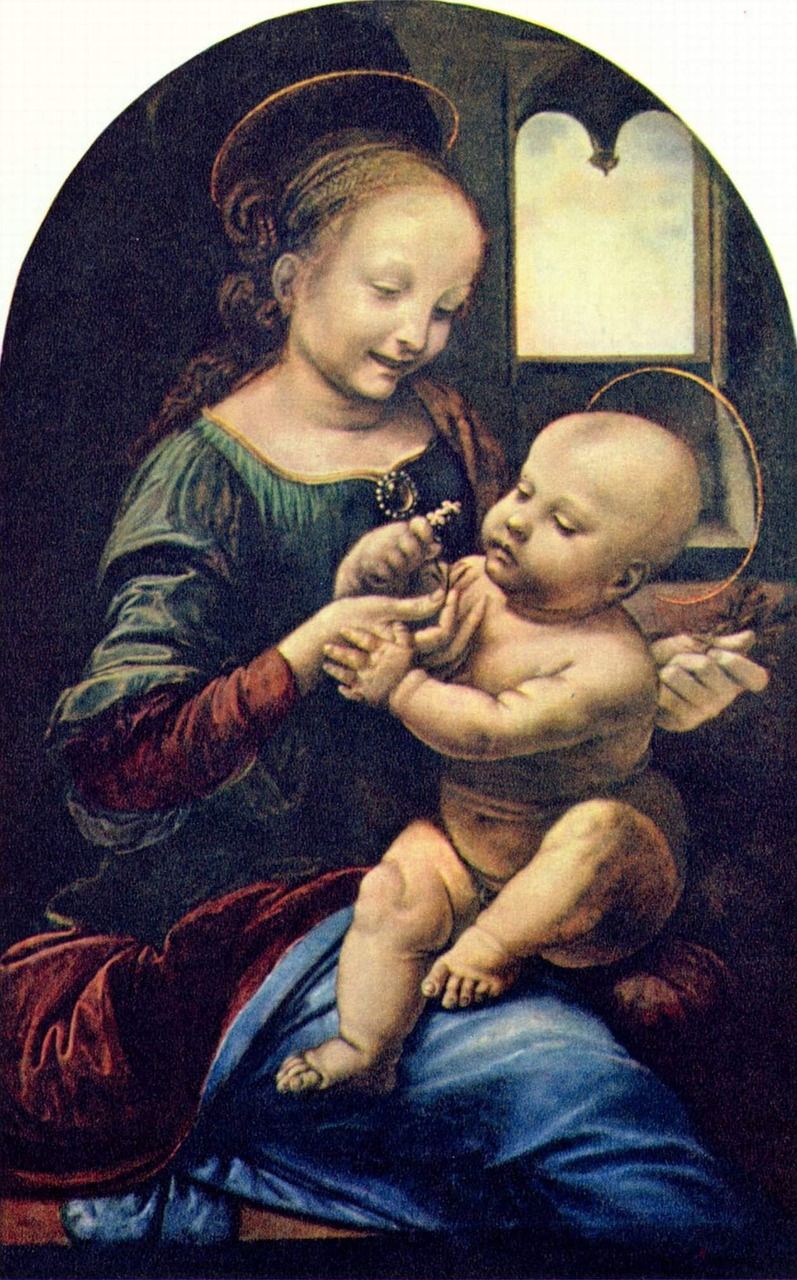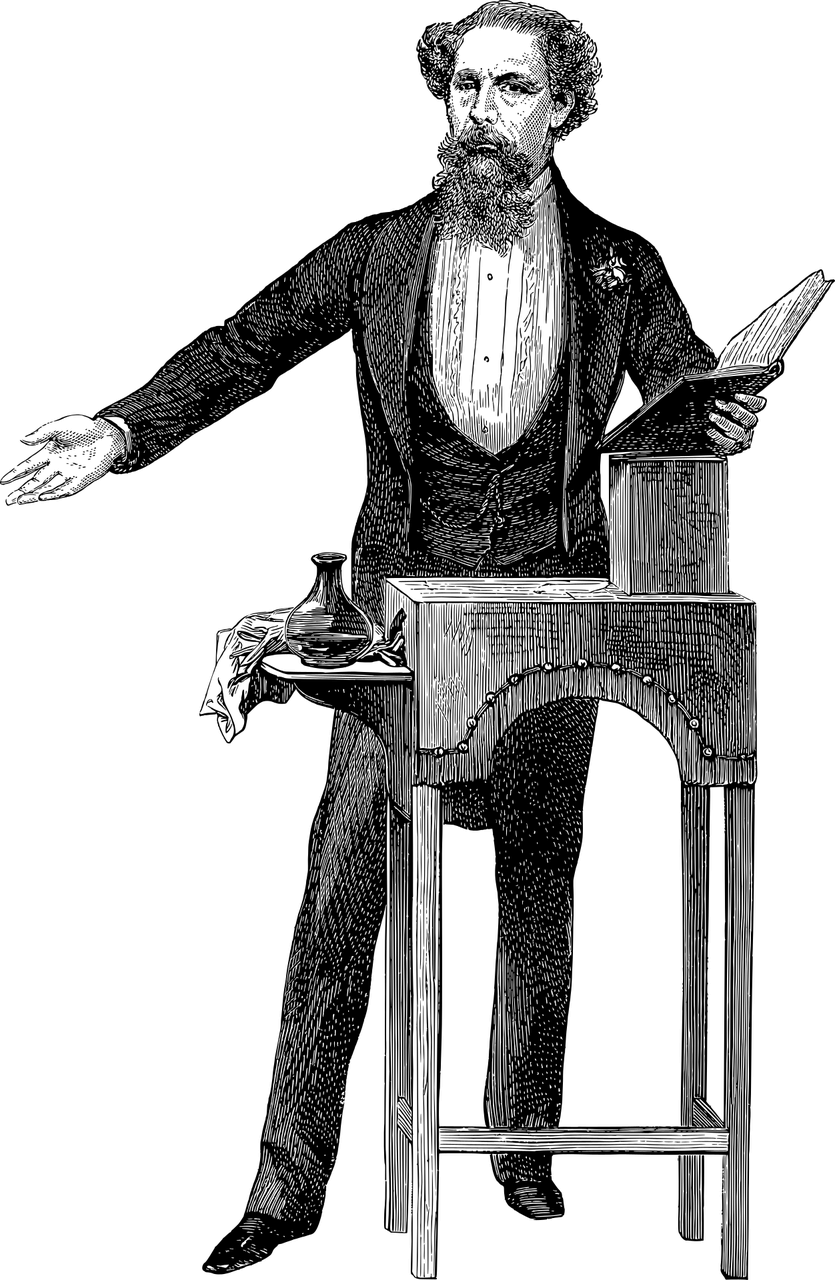George Orwells Animal Farm: A Historical Review and In-Depth Analysis

Introduction:
George Orwell’s Animal Farm is a literary masterpiece that continues to captivate readers with its thought-provoking allegorical portrayal of power and corruption. Published in 1945, this novella has become a timeless classic and a significant work of political satire. In this article, we will delve into the key aspects of Animal Farm and its historical evolution, shedding light on its enduring relevance for those interested in this subject matter.
I. An Overview of Animal Farm:

Initially a scathing critique of Soviet Russia under Stalin’s regime, Animal Farm tells the story of a group of farm animals who overthrow their oppressive human farmer, Mr. Jones, only to witness the emergence of a new oppressive order led by the pigs. Orwell ingeniously employs animals as characters to represent historical figures and ideologies, making his critique accessible to a wide audience. Through vivid imagery and an engaging narrative, Animal Farm explores themes such as totalitarianism, revolution, corruption, and the dangers of political manipulation.
Key points:
– Animal Farm is a satirical fable that critiques the corrupting nature of power.
– The characters in the novella symbolize individuals and groups from the Russian Revolution and subsequent Soviet era.
– The story highlights the perils of absolute power and the tendency of revolutions to be co-opted by those seeking personal gain.
II. Historical Development of Animal Farm:
Since its publication, Animal Farm has undergone several significant developments that have shaped its legacy and interpretation.
1. Initial Reception and Controversy:
Animal Farm was met with mixed reactions upon its publication, with many praising its sharp critique of totalitarianism, while others viewed it as an attack on socialism. Its allegorical nature led to debates over its intended target, with Orwell clarifying that his primary criticism was aimed at Stalinism. Despite initial controversy, the novella gained popularity and became recognized as a powerful work of literature.
2. Cold War Context:
During the Cold War, Animal Farm took on even greater significance as a poignant critique of Soviet Communism. As tensions between the United States and the Soviet Union escalated, Orwell’s work served as a cautionary tale against the dangers of totalitarian regimes. Its resonance during this period contributed to its enduring popularity and impact.
3. Wider Sociopolitical Relevance:
Animal Farm continues to resonate with readers in various sociopolitical contexts beyond the Cold War. Its exploration of power dynamics, manipulation, and the perversion of ideals remains remarkably relevant today. The novella serves as a reminder of the importance of vigilance against corruption and the preservation of individual liberty.
Key points:
– Animal Farm sparked debates on its political message, but its critique of totalitarianism remains central to its interpretation.
– The novella gained further relevance in the context of the Cold War, serving as a warning against Soviet Communism.
– Animal Farm’s themes and lessons extend beyond historical contexts, making it a timeless work of political allegory.
Conclusion:
George Orwell’s Animal Farm stands as a powerful testament to the dangers of unchecked power and the corruption of noble ideals. Its allegorical portrayal of the Russian Revolution and subsequent totalitarianism continues to captivate readers, offering valuable insights into the complexities of human nature and political systems. As an enduring work of literature, Animal Farm serves as a stark reminder of the importance of challenging authority, safeguarding democratic principles, and maintaining an unwavering commitment to truth and justice.





